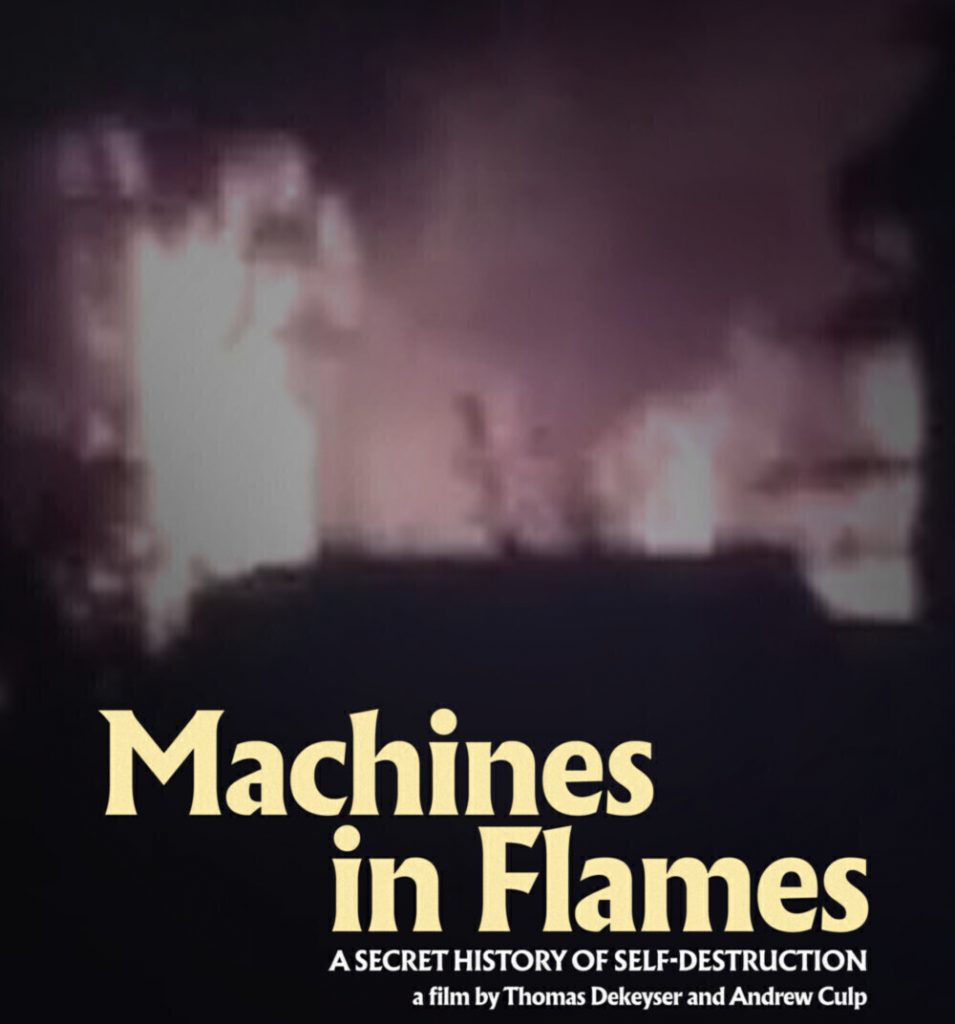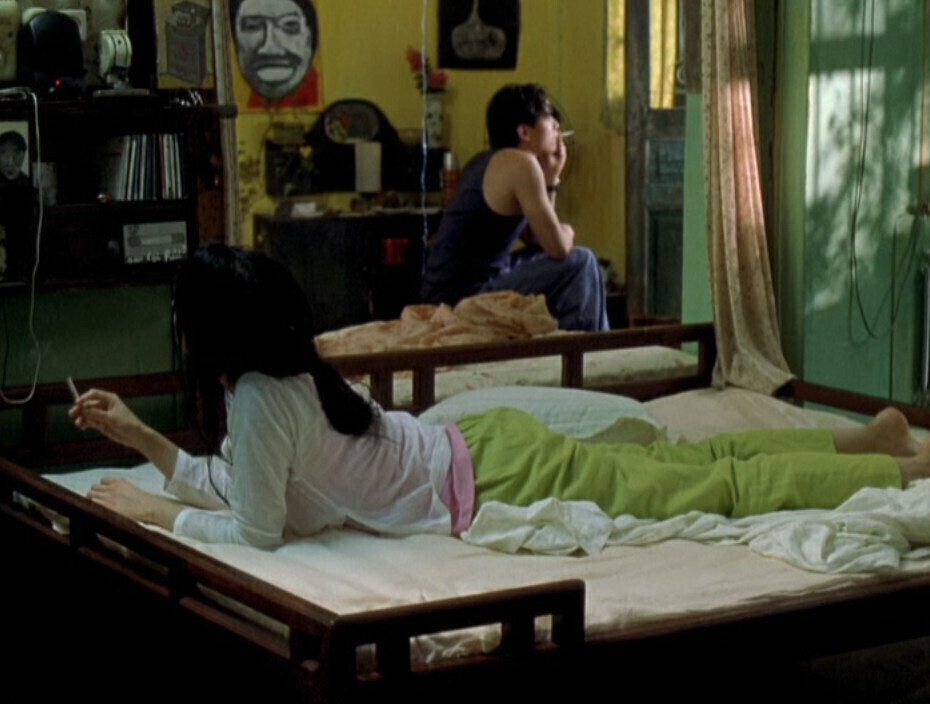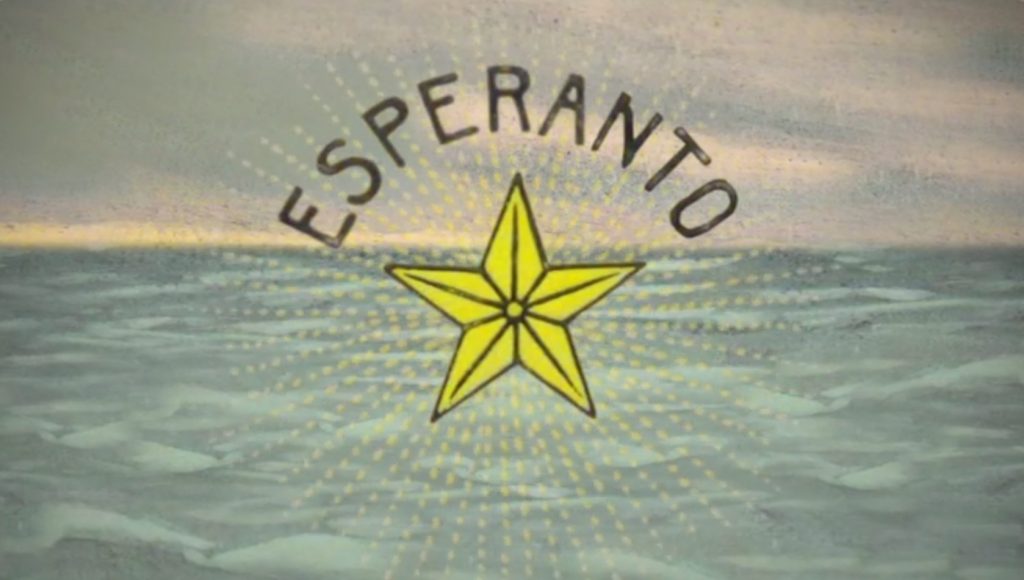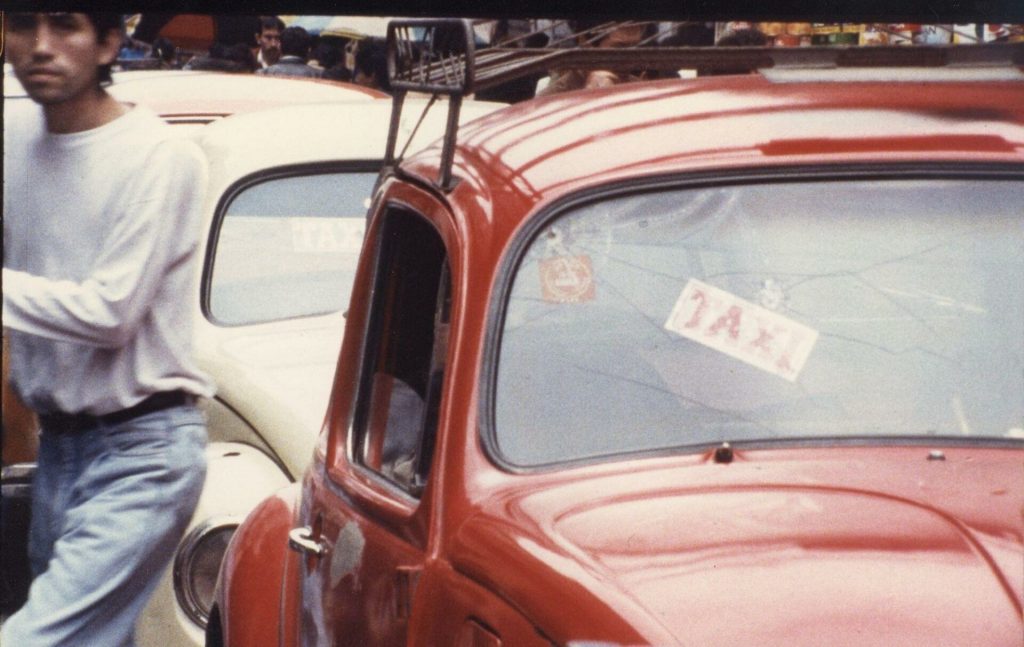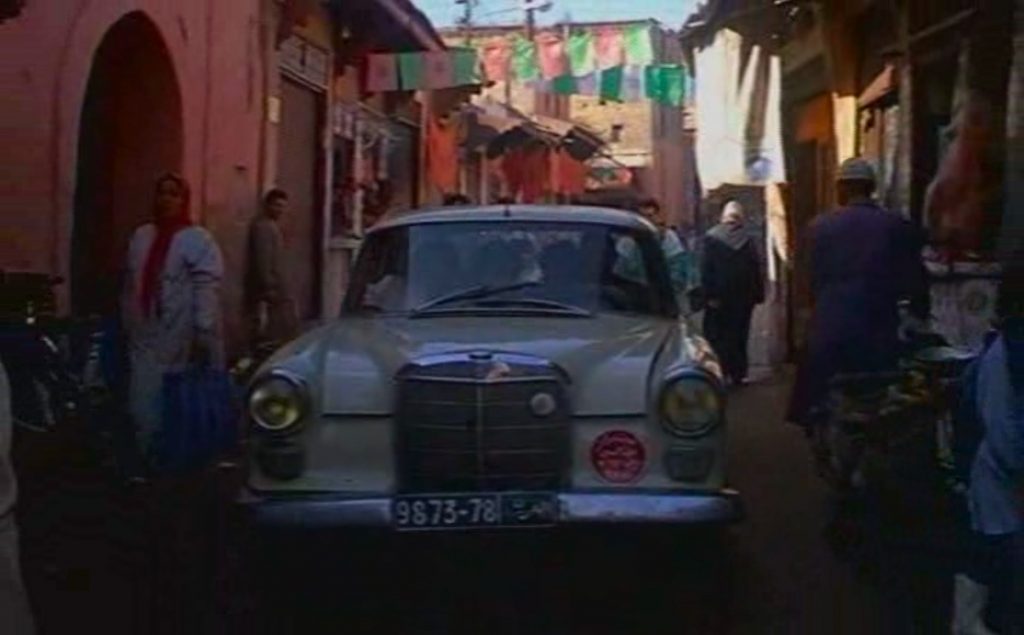Sunday 6 November 2022, Les Petites Fugues aka Little Escapes (Yves Yersin, 1979). In French with English subtitles. Doors open at 20:00, Film starts at 20:30.
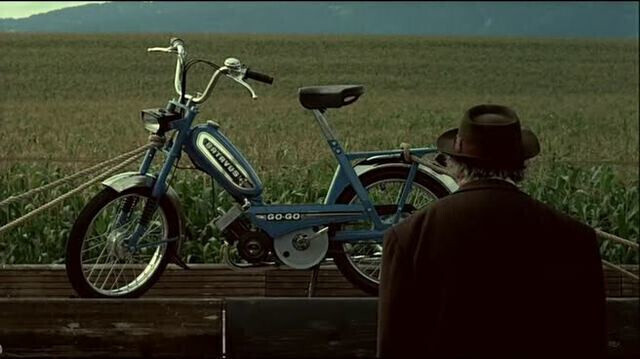 Swiss documentary filmmaker Yves Yersin has also made one fiction film, and it is a masterpiece. In Little escapes (“Les petites fugues”), a 65-year-old Swiss farmhand named Pipe (played by comedian Michel Robin) discovers what freedom is. His freedom is not offered to him, but instead he conquers it, with “little escapes,” which invariably meet with disapproval from his boss. The farmer John (Fred Personne) believes that, except on Sundays, Pipe should simply always show up for work. At the end of the film, Pipe rebukes John: farmhand work is Pipe’s job, and so it is up to him to decide when to leave it for a while. Pipe’s personal revolution coincides with major social transformations in the 1970s, such as democratization, women’s emancipation, technological innovation, migration and tourism. With his newly acquired moped, Pipe experiences it all – but also discovers that his old habits please him as well.
Swiss documentary filmmaker Yves Yersin has also made one fiction film, and it is a masterpiece. In Little escapes (“Les petites fugues”), a 65-year-old Swiss farmhand named Pipe (played by comedian Michel Robin) discovers what freedom is. His freedom is not offered to him, but instead he conquers it, with “little escapes,” which invariably meet with disapproval from his boss. The farmer John (Fred Personne) believes that, except on Sundays, Pipe should simply always show up for work. At the end of the film, Pipe rebukes John: farmhand work is Pipe’s job, and so it is up to him to decide when to leave it for a while. Pipe’s personal revolution coincides with major social transformations in the 1970s, such as democratization, women’s emancipation, technological innovation, migration and tourism. With his newly acquired moped, Pipe experiences it all – but also discovers that his old habits please him as well.
Film night at Joe’s Garage, cozy cinema! Free entrance. You want to screen a movie, let us know: joe [at] lists [dot] squat [dot] net

